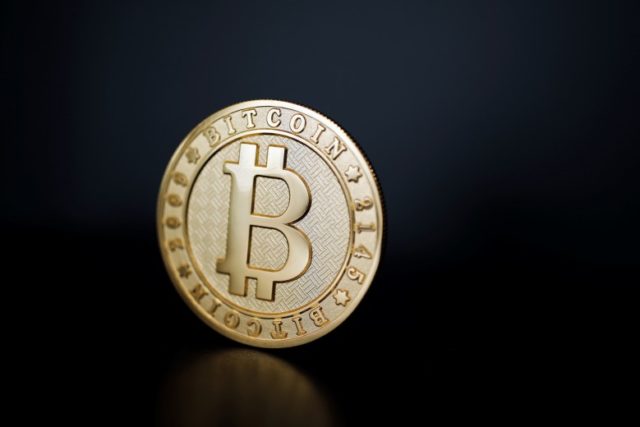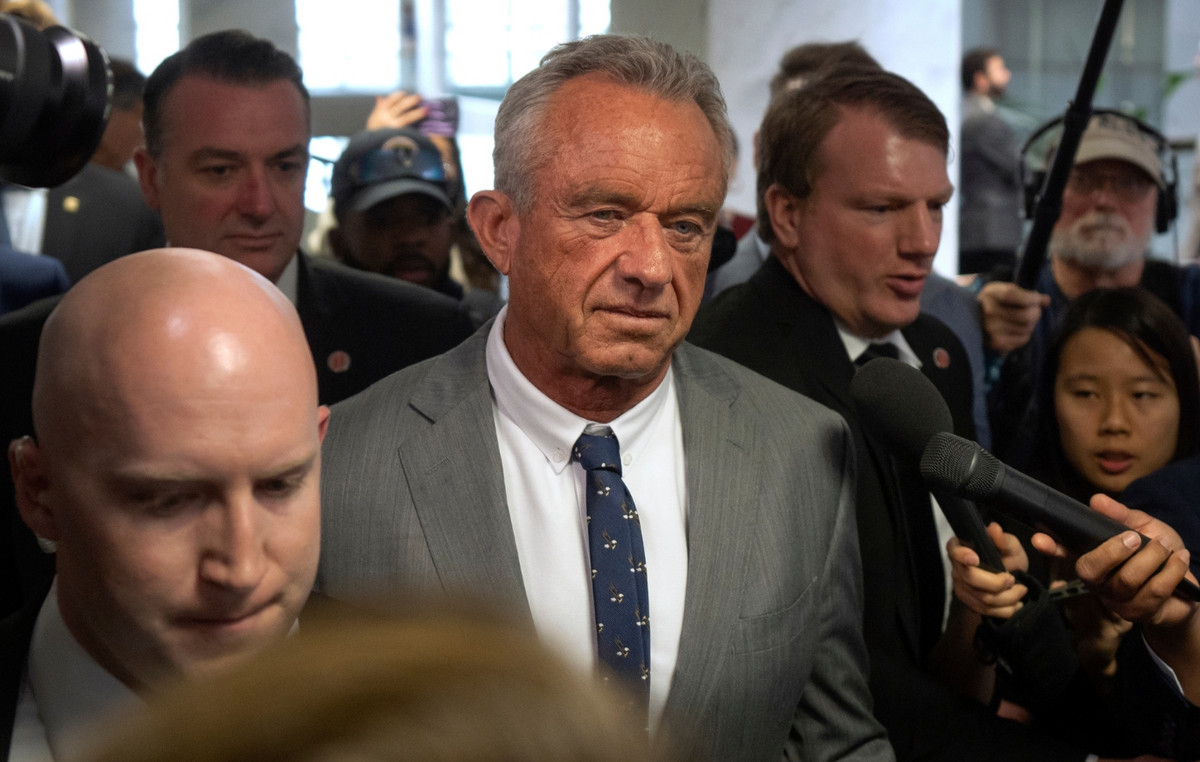The presence of women in the main management positions of the largest companies in the country has been growing, but this growth is slow and participation is still low.
Considering the 90 publicly traded companies that currently make up the Ibovespa, the main stock index of B3, the Brazilian stock exchange, 71 (78.9% of the total) have women on the Board of Directors, the collegiate responsible for endorsement of management decisions and bridge the gap with shareholders.
In most of them, however, there are very few seats reserved for female directors: the Ibovespa companies currently have a total of 777 directors. Of these, 658 are still men, equivalent to 84.7% of the vacancies.
The remaining 15.3% go to female executives, according to a survey carried out by Teva Indexes at the request of the CNN Brasil Business.
Still within the Ibovespa, only two of the 90 companies (2.2%) currently have a female president: the Fleury laboratory network and the Iguatemi shopping center group.
Both have been in the position for less than a year: Cristina Betts went from chief financial officer to CEO of Iguatemi in January of this year, becoming both the first woman and the first person outside the founding family, the Jereissatis, to head the company.
Cardiologist Jeane Tsutsui, who already had an executive career within Fleury for more than a decade, took charge of the laboratories in April last year.
“I assumed the position of CEO of Grupo Fleury in the second year of the pandemic, in a scenario that demonstrated the importance of health care in people’s lives”, said Tsutsui to the CNN Brasil Businessby means of a note.
slow evolution
“To be able, now, as the manager of a company that is a reference in the sector, to work for the construction of a sustainable and more accessible ecosystem in health has been a natural and rewarding evolution in my career”, he added.
Even small, the numbers are already an evolution in relation to a not-too-distant past of the corporate world, both Brazilian and global.
The Brasil Board Index, a mapping carried out by the SpencerStuart consultancy, showed that, considering all the companies listed on B3, a universe of more than 400 companies, 14.3% of the positions on the boards were with women in 2021. In 2020, this proportion was 11.5%.
The proportion already beats that of some other countries, such as Colombia (14%), Japan (11%) and Russia (10.5%), but it is still behind even emerging countries such as India (16.3%), Turkey (19.2%) and South Africa (22.3%).
Global leaders in gender equality in corporate leadership, French stock exchange companies have 44.6% of their board positions held by women and, in Sweden, it is 44.2% – in both cases, with the help of quota programs. promoted by countries.
“There is a movement towards increasing diversity in leadership [no Brasil], but the pace is still slow. If we continue at this same speed, it will take a hundred years to reach gender equality”, says Valeria Café, director of vocalization and influence at the Brazilian Institute of Corporate Governance (IBGC).
Since 2014, the IBGC coordinates a mentoring program for female executives with the aim of increasing their participation in corporate councils. The initiative is carried out in partnership with Spencer Stuart, B3, the International Finance Corporation (IFC) and the Women Corporate Directors Foundation (WCD).
“The company has to be a portrait of society, period. She has to have white, black, indigenous, disabled women and men inside her”, says Valéria.
“There is a demand from consumers for this and investors have also understood that a diverse company means a longer-lasting, more creative, more innovative company, which will bring growth and less risk in the long term.”
ESG and attentive investors
Diversity, including gender, is one of several pillars that make up the so-called ESG, the acronym for environment, society and governance. These are fronts of commitment that are increasingly required by large global investors in companies where they will leave their capital.
“There is an absurd amount of money that is changing hands to the next generation,” says Carlos Miranda, founding partner of X8 Investimentos, a venture capital manager that invests in growing companies with businesses aligned with ESG principles.
It was X8, for example, that invested capital in the Mãe Terra natural food chain in 2013 and, in 2017, saw it purchased by the giant Unilever.
“These are grandchildren of founders who are starting to get involved in family decisions and are pushing family offices for more clean, conscious and diverse investments,” says Miranda.
“In more developed markets, CEOs of large corporations have already realized that both consumers and investors are willing to pay a higher premium for businesses and products that have a positive impact on society, or that, at some point, will punish them. them for not doing it.”
Source: CNN Brasil
I am Sophia william, author of World Stock Market. I have a degree in journalism from the University of Missouri and I have worked as a reporter for several news websites. I have a passion for writing and informing people about the latest news and events happening in the world. I strive to be accurate and unbiased in my reporting, and I hope to provide readers with valuable information that they can use to make informed decisions.







